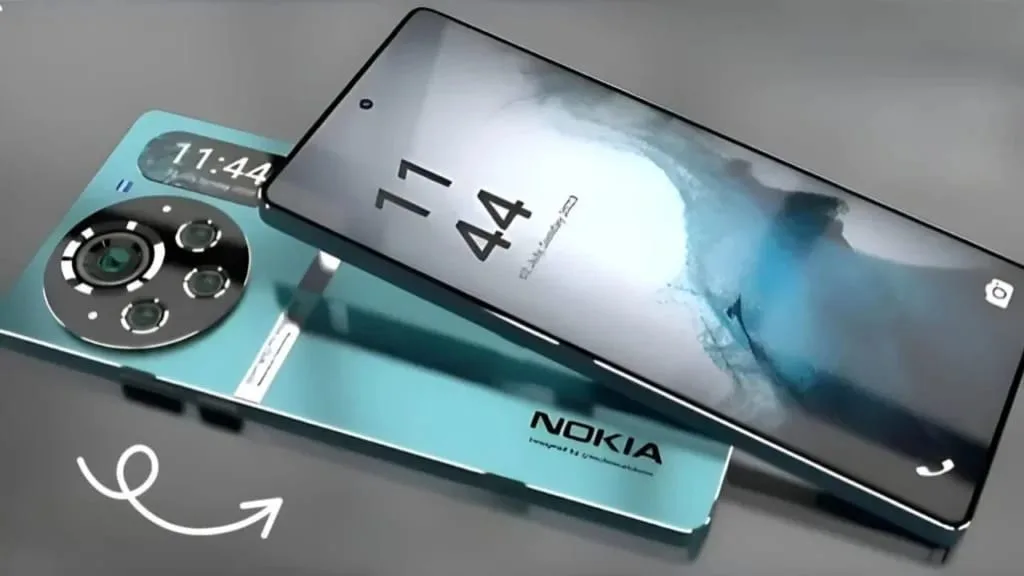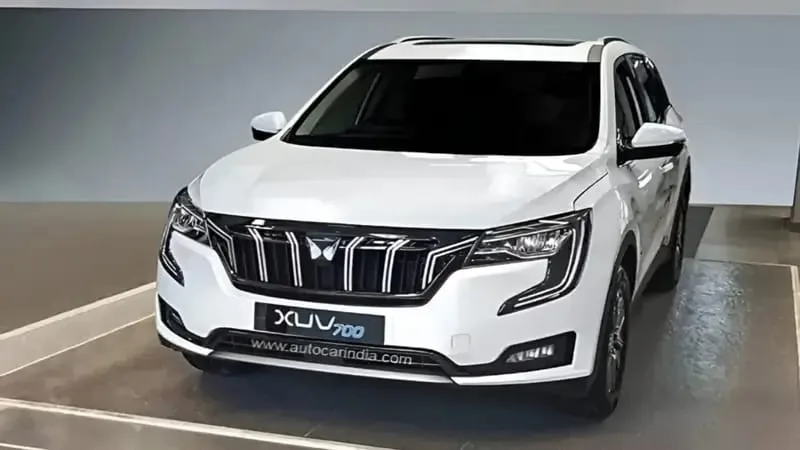Future of VR : The landscape of virtual reality is evolving at a breathtaking pace. As we step further into 2025, the anticipation around Meta’s next-generation Meta Quest 4 is palpable, even if its release remains a subject of speculation for later years. However, the VR market isn’t waiting. A host of innovative VR headsets from various manufacturers are already here or poised to launch, offering compelling alternatives that push the boundaries of immersion, performance, and user experience. For enthusiasts and newcomers alike, exploring these options is key to understanding where the Future of VR truly lies.
The Shifting Sands of VR Dominance 🌍
For years, Meta (formerly Oculus) has largely dominated the standalone VR market with its accessible and user-friendly Quest series. The Meta Quest 3, released in late 2023, set a new benchmark for mixed reality capabilities and graphical fidelity in a consumer-friendly package. However, 2025 sees a more diverse and competitive field emerging, driven by advancements in display technology, processing power, and novel interaction methods. The demand for high-resolution VR, enhanced comfort, and deeper immersion is fueling innovation across the board, moving beyond just gaming to encompass productivity, social interaction, and creative applications.
Top Contenders: Challenging the Status Quo 🚀
While the hypothetical Meta Quest 4 looms, several devices are already making significant waves, each offering a unique value proposition that caters to different segments of the Future of VR audience.
Apple Vision Pro: The Spatial Computing Powerhouse 🍎
Launched in early 2024, the Apple Vision Pro redefines what a mixed reality headset can be. Billed as a “spatial computer,” it stands out with its incredibly high-resolution displays, sophisticated eye-tracking, and intuitive hand-tracking interface that negates the need for traditional controllers. Its integration with the Apple ecosystem and focus on productivity, entertainment, and seamless interaction with digital content positions it as a premium, albeit expensive, alternative. For professionals and those seeking a truly integrated mixed reality experience, the Vision Pro is a formidable option, offering unparalleled visual clarity and a revolutionary approach to personal computing.
Sony PlayStation VR2: Console Gaming Immersion 🎮
Exclusively for PlayStation 5 owners, the PlayStation VR2 (PSVR2) remains a titan in console VR gaming. Leveraging the PS5’s raw processing power, the PSVR2 delivers stunning 4K HDR visuals with vibrant OLED displays and a wide field of view. Its standout features include haptic feedback in the headset, intelligent eye-tracking for foveated rendering, and the innovative PS VR2 Sense controllers that provide nuanced haptic feedback and adaptive triggers. For dedicated console gamers, the PSVR2 offers an uncompromised, high-fidelity VR gaming experience with a growing library of exclusive titles.
Pimax Crystal Series: The Resolution Kings 💎
Pimax continues its tradition of pushing visual boundaries with its Crystal series, including the recently showcased Pimax Crystal Super at CES 2025. These PC Future of VR headsets are designed for enthusiasts who prioritize unmatched clarity and an expansive field of view. Boasting resolutions that approach retina levels (e.g., 3840×3840 per eye), interchangeable optical engines, and robust PC connectivity options, Pimax offers a premium experience for sim racers, flight simulator aficionados, and users demanding the absolute best in visual fidelity. While requiring a powerful PC, the Pimax Crystal offers a glimpse into the future of ultra-high-definition VR.
Valve Index: PC VR’s Refined Experience ✨
Even after several years, the Valve Index remains a gold standard for PC VR. Known for its exceptional Lighthouse tracking system, precise Knuckles controllers (offering individual finger tracking), and excellent audio solution, the Index provides a highly immersive and customizable PC Future of VR experience. While its resolution might not match the newest contenders, its superior tracking accuracy, wide field of view, and high refresh rates continue to attract dedicated PC Future of VR gamers and developers. Rumors of a Valve Index 2 or a lighter, wireless successor are always circulating, keeping the brand relevant in the premium PC VR space.
HTC Vive Ecosystem: Versatility and Enterprise Focus 💼
HTC Vive continues to offer a diverse range of VR headsets, catering to both consumers and enterprise clients. The HTC Vive Pro 2 delivers a high-resolution PC VR experience with a wide field of view, ideal for demanding applications. For those seeking standalone and mixed reality capabilities, the HTC Vive XR Elite provides a convertible design, offering flexibility between lightweight goggles and a full Future of VR headset. HTC’s commitment to varied form factors and features ensures they remain a strong player, particularly in professional VR applications and location-based entertainment.
Key Trends Shaping VR in 2025 📈
Beyond specific headsets, several overarching technology trends are defining the Future of VR landscape in 2025:
- Enhanced Mixed Reality (MR) Capabilities: Seamless blending of virtual objects with the real world is becoming a standard feature, moving beyond simple passthrough to truly interactive MR experiences.
- Higher Resolution and Wider FOV: Manufacturers are consistently pushing for sharper images and broader fields of view to minimize the “screen door effect” and increase immersion.
- Advanced Tracking (Eye & Hand): Eye-tracking enables foveated rendering (optimizing graphics where the user is looking), while refined hand-tracking offers more natural and intuitive interactions, reducing reliance on controllers.
- Improved Comfort and Ergonomics: Lighter designs, better weight distribution, and more adjustable head straps are making VR experiences more comfortable for extended sessions.
- AI Integration: Artificial intelligence is playing a growing role in VR, from optimizing graphics and performance to creating more realistic avatars and intelligent virtual environments.
- Wireless Freedom: While PC Future of VR still largely relies on tethers, standalone headsets are dominating, and advancements in wireless PC VR streaming are making cable-free experiences more robust.
Conclusion: A Vibrant and Diverse Future of VR ✨
As 2025 progresses, the VR market is undeniably vibrant, offering a rich tapestry of choices beyond Meta’s ecosystem. While the Meta Quest 4 is still on the horizon, the present is filled with exceptional alternatives that cater to a wide array of user needs and preferences, from professional spatial computing to dedicated Future of VR gaming and ultra-high-fidelity PC experiences. The continued innovation in display technology, tracking, and mixed reality points towards an exciting future where virtual worlds become increasingly indistinguishable from reality, making 2025 a pivotal year for virtual reality technology.
Frequently Asked Questions (FAQs)
Q1: Is the Meta Quest 4 expected to be released in 2025?
A1: Current rumors and industry reports suggest that the Meta Quest 4 is more likely to be released in 2026 or even 2027, rather than 2025. Meta often follows a multi-year cycle for its flagship Quest headsets.
Q2: What is “mixed reality” and why is it important for future VR headsets?
A2: Mixed reality (MR) combines elements of both virtual reality and augmented reality. It allows digital content to be seamlessly integrated into and interact with the real world. MR is crucial for Future of VR headsets because it expands their utility beyond pure immersion, enabling applications for productivity, education, and entertainment that blend the physical and digital.
Q3: Do I need a powerful gaming PC for all these Meta Quest 4 alternatives?
A3: No, not all alternatives require a powerful gaming PC. Standalone headsets like the Pico 4 and the Apple Vision Pro operate independently. However, high-end PC Future of VR headsets such as the Pimax Crystal series, Valve Index, and HTC Vive Pro 2 do require a robust gaming PC to deliver their full potential in terms of graphics and performance.













